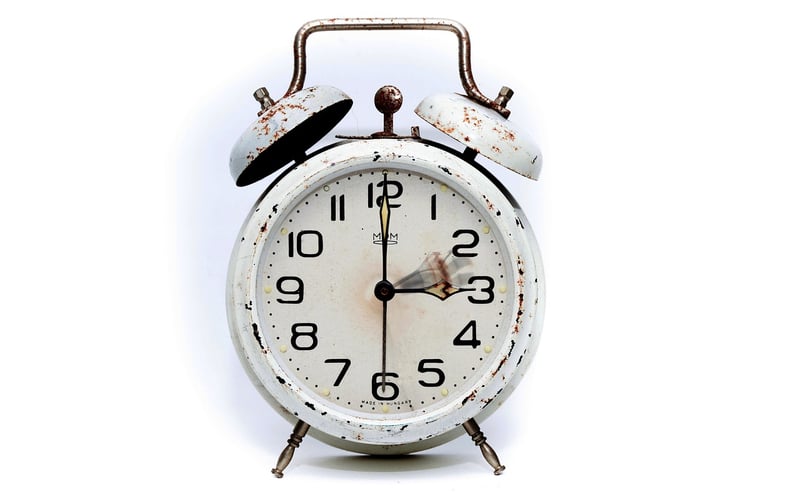Grandfather Paradox
Exploring the Consequences of the Grandfather Paradox
The Grandfather Paradox is a thought experiment in theoretical physics and philosophy that explores the potential consequences of time travel. Imagine a scenario where a person travels back in time and prevents their grandfather from meeting their grandmother, thus preventing their own birth. This paradox raises intriguing questions about causality, free will, and the nature of time itself.
Consequences of the Grandfather Paradox:
1. Causality Loops:
One of the primary consequences of the Grandfather Paradox is the creation of a causality loop. If a person prevents their own birth by altering events in the past, it raises the question of how the person could have existed in the first place to go back in time. This loop challenges the linear nature of cause and effect.
2. Multiple Timelines:
Another possible consequence is the idea of branching timelines. Some theories suggest that when a time traveler alters the past, a new timeline is created, diverging from the original timeline. This could lead to a multiverse where every possible outcome exists in a separate reality.
3. Paradox Resolution:
Philosophers and scientists have proposed various resolutions to the Grandfather Paradox. Some suggest that the timeline would self-correct to ensure consistency, while others argue that the concept of free will may play a role in determining the outcome of time travel interventions.
Conclusion:
The Grandfather Paradox presents a fascinating puzzle that challenges our understanding of time and causality. While the consequences of time travel remain theoretical, exploring such paradoxes can lead to new insights into the nature of reality and the limits of human knowledge.

For further reading on time travel and related paradoxes, check out Wikipedia's page on the Grandfather Paradox.
